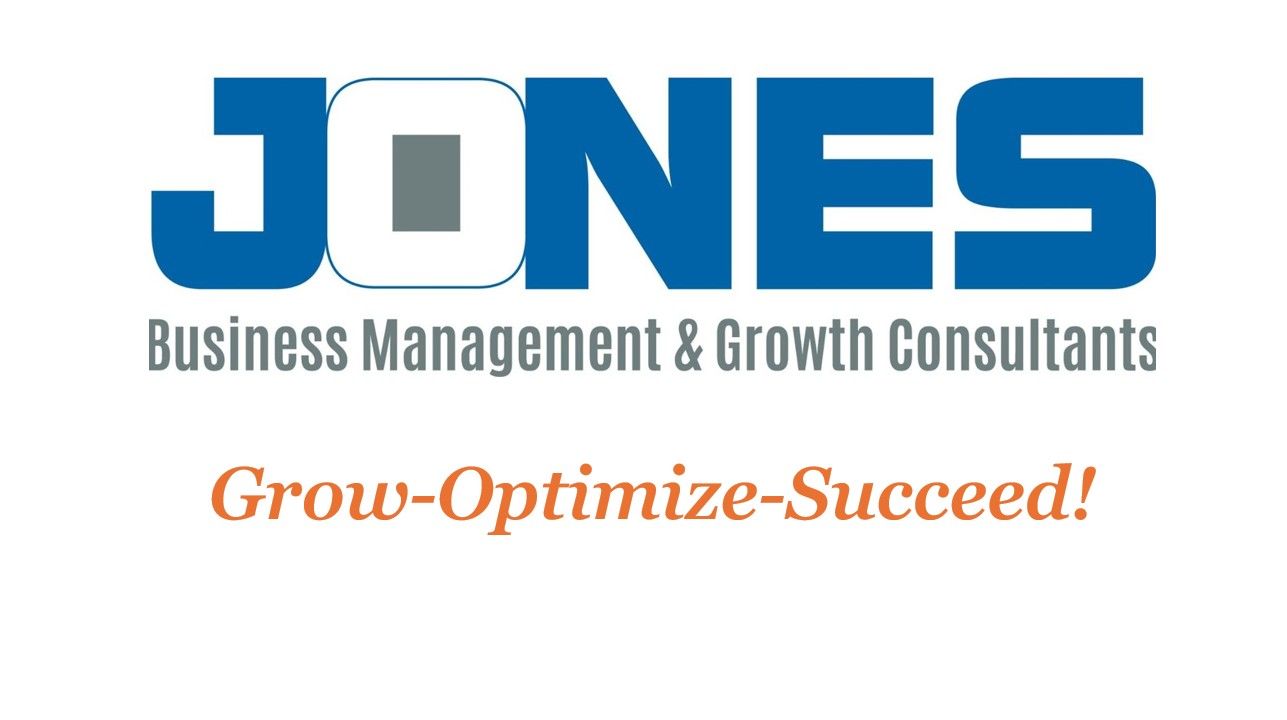Building Leadership Muscles – Lessons from Colin Powell
A Part of the Deep Dive Blog Series released every Friday

My experience as a veteran with over 30 years in the civilian business world has shown me that while many admire the work and sacrifice of the armed forces, there is not a lot of practical applications which many civilians feel can be translated to the business world.
That's unfortunate when I encounter it. After all, the United States army, as an institution, predates the nation even. It is large. It can seem unwieldy. It is bureaucratic, and slow to change. Much like a number of medium to large sized corporations. Yet, within that framework it somehow manages to meet its mission objectives almost all the time, all while making sure there's bullets and fields dressings and warm meals in combat zones while simultaneously providing for not just the soldiers in the rear, but their families, their Healthcare, training, advancement and the odd chili cook off event.
I believe many lessons can be learned by observing all the armed forces. But, for now, I want to focus on the lessons we as leaders, or aspiring leaders, can learn from one man who started training those leadership muscles very early on. He trained them in such a significant way that as a mid-level manager in the U.S. Army he was instrumental in changing the direction of that behemoth and transforming it through innovation. This would build those leadership muscles to a Sylvester Stallone quality and place him well on the way to achieving Schwarzenegger sized leadership muscles by the time he achieved the highest position an officer can attain.
Colin Powell's career is a testament to the power of persistent, early leadership development and the ability to drive meaningful change even from a "common" level within a vast organization. Powell's journey began as a second lieutenant and saw him rise through the ranks to become one of the most respected military leaders in U.S. history.
After returning from Vietnam, Powell was assigned to the Pentagon, as a major. To put this in perspective, a person holding the rank of Major while assigned to the Pentagon is akin to being a raisin in the raisin bran factory. It is extremely difficult to stand out. However, amidst this sea of field grade officers, Powell's exceptional leadership and innovative mindset began to shine. He recognized that for the Army to succeed in the future, it needed to address the significant challenges it faced post-Vietnam.
Powell played a pivotal role in implementing crucial changes in recruitment standards, training programs, and leadership development. His ability to communicate effectively, build alliances, and persist in the face of resistance allowed him to exert a sphere of influence most leaders would envy. These changes were not easy to push through in the bureaucratic environment of the Pentagon, but Powell's early commitment to training his leadership muscles gave him the strength and resilience to drive these innovations effectively.
What makes Powell's accomplishments so extraordinary is not just the scope of the changes he helped implement, but the fact that he did so from a position many would consider too "common" to effect such transformation. His story underscores the importance of starting early in developing leadership skills and the profound impact that consistent, persistent effort can have over time.
In the following weeks, we'll dive deeper into the specific lessons we can learn from Colin Powell's leadership journey, focusing on how we can apply these principles to drive innovation and change in our own organizations. Stay tuned each Friday for an installment of our Deep Dive Blog series, where we'll explore the invaluable insights from Powell's career and how they can inspire us to build our own leadership muscles.










